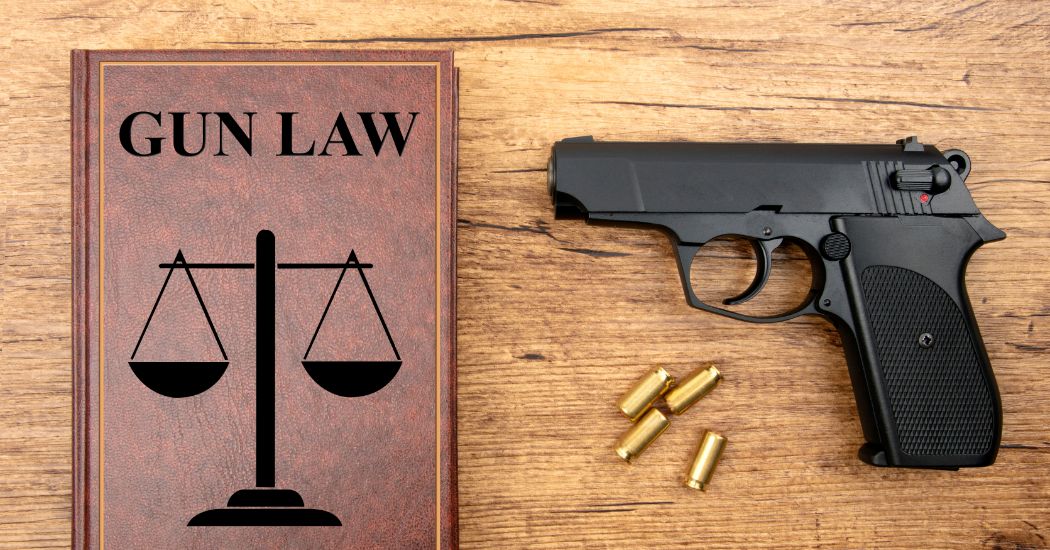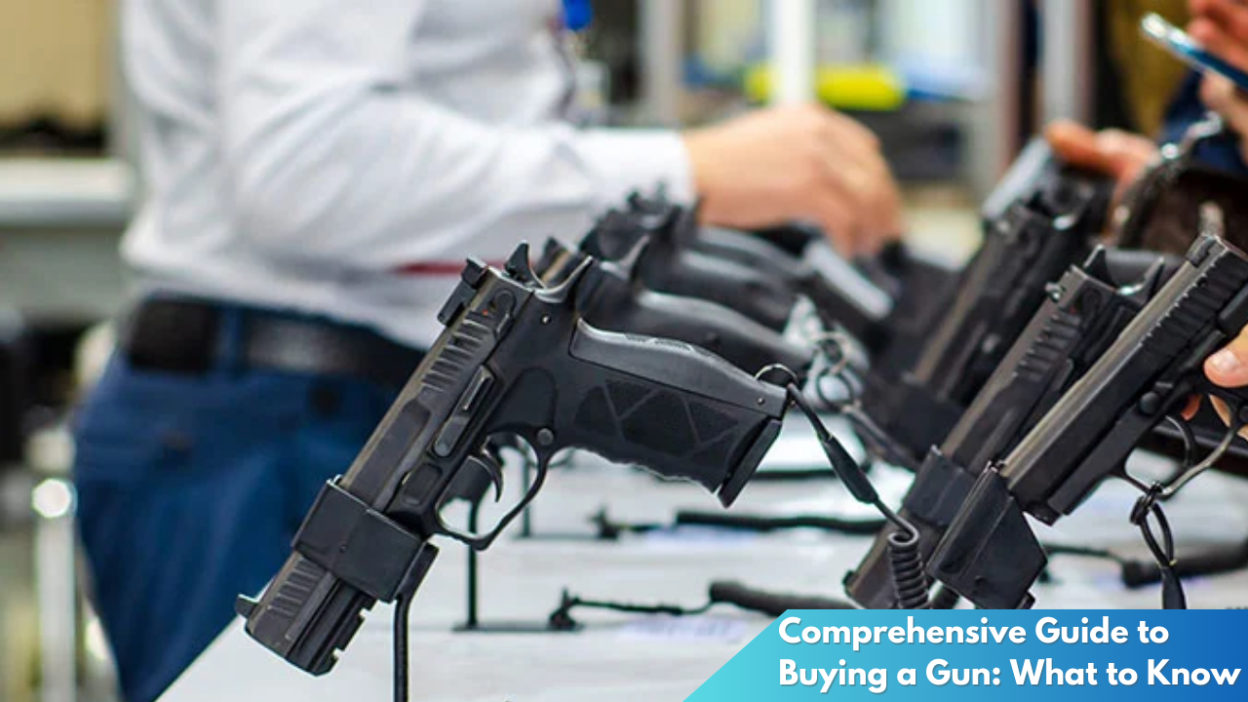Purchasing a gun is a significant decision that requires careful consideration and a thorough understanding of various factors. As an embodiment of personal protection, recreational sport, or a collector’s item, guns carry with them a profound responsibility. This comprehensive guide aims to provide essential information to ensure that prospective gun buyers are well-informed before making their purchase. From understanding the intricate web of laws and regulations to considering personal needs and ensuring safe ownership, this guide covers all the bases to promote responsible gun buying and ownership.
Understanding Gun Laws and Regulations

Before purchasing a gun, it is crucial to familiarize oneself with the laws and regulations governing firearms in your country, state, or locality. In the United States, for instance, gun laws can vary significantly between states, with some areas imposing strict controls and others offering more lenient measures. The federal background check system, operated by the National Instant Criminal Background Check System (NICS), is a foundational element of U.S. gun regulation, but state-specific laws may add additional layers such as waiting periods or required permits for purchase.
Internationally, gun laws can be even more varied. Countries like Canada and Australia require extensive licensing processes, including safety courses and background checks, while others may have outright bans on certain types of firearms. Understanding these legal frameworks is not just about compliance, but about ensuring that you are taking responsible steps in becoming a gun owner. It’s advisable to consult with legal experts or local law enforcement to gain clarity on specific regional requirements.
Prospective buyers should also stay informed about any recent changes or debates in gun legislation that could affect their rights and responsibilities as owners. Legislative environments can shift quickly, and being unaware of new laws could lead to inadvertent legal violations. By staying informed and compliant, gun buyers can ensure that their purchase adheres to legal standards and contributes to a safer community.
Factors to Consider When Purchasing a Gun

When deciding to purchase a gun, potential buyers must consider the intended purpose of the firearm. This primary consideration will guide many subsequent decisions, such as the type and model of gun to purchase. For personal protection, a handgun might be most appropriate due to its portability and ease of use. Conversely, for hunting purposes, rifles or shotguns could be more suitable. Recreational shooters might prefer guns that offer precision and ease of handling for competitive environments.
The cost of purchasing a gun extends beyond the initial sale price, requiring consideration of ammunition, maintenance, and potential accessories like scopes or storage solutions. Budgeting for these additional expenses is essential to ensure that the ownership of a firearm remains feasible and sustainable over time. Additionally, researching different brands and models, reading reviews, and possibly test-shooting at ranges can provide valuable insights into which firearms best align with your needs and preferences.
Comfort and safety should also drive the decision-making process. A gun should be easy to handle, with a weight and grip that the owner finds manageable. Training is a crucial component of this consideration, as understanding how to properly operate, maintain, and store a gun is fundamental to safe ownership. Many shooting ranges and gun shops offer classes and resources to help new owners become proficient and confident.
Ensuring Safe and Responsible Gun Ownership

Once a gun is purchased, the responsibility of ensuring its safe use and storage becomes paramount. Proper storage solutions, such as gun safes or lockboxes, are essential to prevent unauthorized access, especially in households with children. Many jurisdictions also have legal requirements regarding gun storage, so it is important to comply with these to avoid potential liabilities.
Education and training play significant roles in responsible gun ownership. Attending safety courses and regular training sessions can help owners maintain and improve their shooting skills while reinforcing safe handling practices. Moreover, understanding how to properly clean and maintain a firearm ensures that it remains in good working condition, reducing the risk of malfunctions that could potentially lead to accidents.
Finally, awareness of mental health is a crucial aspect of responsible gun ownership. Recognizing signs of distress or instability in oneself or others can prevent tragic outcomes. Many communities offer resources and support for individuals who may be struggling, and gun owners should be encouraged to seek help if needed. This proactive stance not only protects the owner but also contributes to broader community safety.
Purchasing a gun is more than a transaction; it is a commitment to responsibility and safety that extends beyond the individual to the community at large. By understanding the complex legal landscape, carefully considering one’s needs, and prioritizing safety and education, prospective gun buyers can make informed decisions that uphold the integrity and safety of gun ownership. This comprehensive approach ensures that the right to bear arms is exercised with respect and foresight, fostering a culture of responsible and informed gun ownership.



